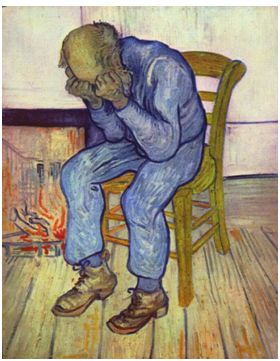Victims of Conscience
Dr. Everett Piper, President of Ohio Wesleyan University, published the following open letter to students.
“This past week, I actually had a student come forward after a university chapel service and complain because he felt “victimized” by a sermon on the topic of 1 Corinthians 13. It appears this young scholar felt offended because a homily on love made him feel bad for not showing love. In his mind, the speaker was wrong for making him, and his peers, feel uncomfortable.
I’m not making this up. Our culture has actually taught our kids to be this self-absorbed and narcissistic. Any time their feelings are hurt, they are the victims. Anyone who dares challenge them and, thus, makes them “feel bad” about themselves, is a “hater,” a “bigot,” an “oppressor,” and a “victimizer.”
I have a message for this young man and all others who care to listen. That feeling of discomfort you have after listening to a sermon is called a conscience. An altar call is supposed to make you feel bad. It is supposed to make you feel guilty. The goal of many a good sermon is to get you to confess your sins-not coddle you in your selfishness. The primary objective of the Church and the Christian faith is your confession, not your self-actualization.”
We should not be distracted by jargon and vitriol in the dog fights and exaggerations around questions of “trigger-warnings” and “safe spaces.” The real issue is that just as conscience demands discomfort, democracy demands talking with, hearing, and understanding those with whom we deeply and even desperately disagree. After coming to understand someone whose politics or opinions we find wrong, we may still believe them to be mistaken. But in the process of hearing and talking we will have begun to create the threads of commonality that comprise our shared commitment to democracy and public life. Democracy is not about bringing everyone to agree on political questions ranging from abortion to police reform. But it is about respecting our fellow citizens enough to hear them and confirm our fellowship as citizens.
No doubt democracy is hard. The fracturing of the political and media worlds through the internet has made it easier to avoid opposing and uncomfortable opinions. But if colleges and universities stand for something, it should be as ivory towers where we are safe to be deeply uncomfortable and confront those ideas and people most challenging to who we are. -RB

